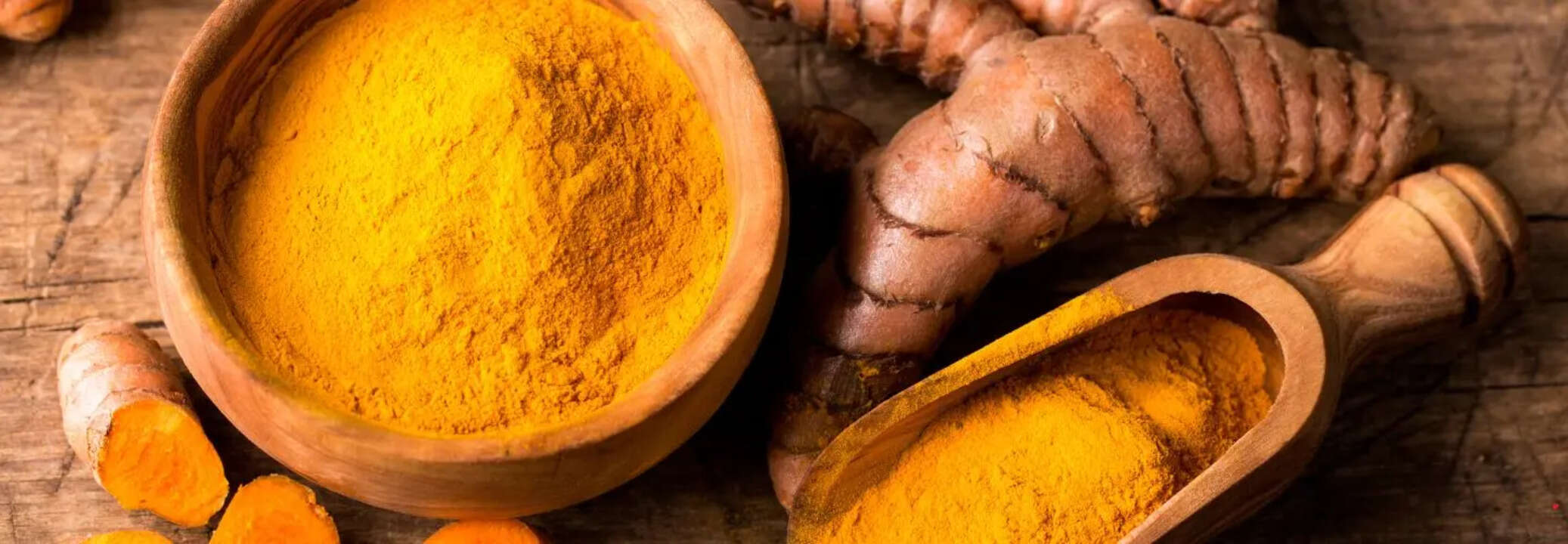What Are The Side Effects Of Consuming Too Much Turmeric?

Turmeric (Credit: Canva)
SummaryTurmeric is known for its anti-inflammatory and antibacterial properties. While this 'golden spice' is ubiquitous worldwide, excessive consumption can result in side effects like digestive issues, bleeding risks, and liver damage.
End of Article
